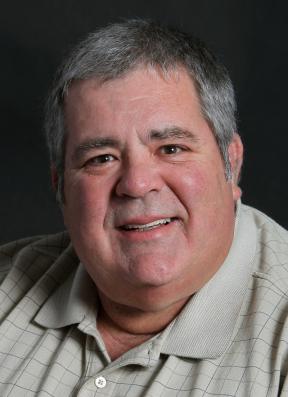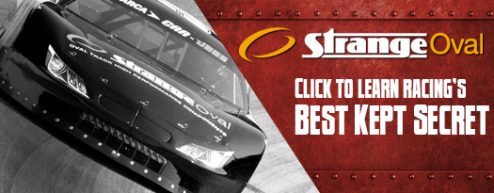MONTE DUTTON - SOMEHOW THE HOPE MUST SPRING ETERNAL
Click here to follow us on Twitter @circletrackplus Click here to like us on Facebook

Many years ago, before Brian Zachary France abdicated the NASCAR throne, before he even wore it, when he was being groomed for it and quite obviously thought he was ready, I asked the young prince about the how big stock car racing could be.
At the time, he thought it could be bigger than pro football. Worldwide, he thought it could be bigger than futbol, not to mention the Indianapolis 500, Grand Prix of Monaco and 24 Hours of Le Mans combined.
As a young man, France lacked neither confidence nor ambition.
At a dinner put on by his father for the media’s benefit -- at a favorite place of William Clayton “Bill Jr.” France, Julian’s Dining Room and Lounge in Ormond Beach, Fla. – I asked the heir apparent how NASCAR could ever be big in areas where the great American love affair with the automobile was not in place. Specifically, I asked him how he could sell city dwellers, who made their way to work via nasty subways and smoke-spewing buses, on race cars going wide open around and around for three hours at a time.
Video games, he said. Inner-city kids were going to give up the pickup basketball games and flock to NASCAR because of video games. I thought to myself that I wished John Prine could be there to write a song about that notion.
Big Bill, Billy, Julian’s and Prine are now all gone, and BZF is in exile, not to mention most of newspapers and me.
It’s a long, convoluted story, but at the moment stock car racing is simulated. The best and the brightest are strapped into customized chairs. Only the simulated grandstands are packed. America is wracked by a horrible virus, and that has been the case with NASCAR for more than a decade. At least COVID-19 isn’t simulated, though a noisy minority of Americans seems to think so.
As a Mr. Taggart said in a movie called Blazing Saddles, “I am depressed.” Then again, I am man enough to admit I have lost touch as much as the self-proclaimed geniuses of NASCAR.
When I arrived to join the great troupe of gypsies that then described the larger-than-life heroes – full-time in 1993 – my subjects were then larger-than-life, upwardly mobile graduates of the mill villages and dirt tracks. Both of my parents came out of the mill neighborhoods – one side of the family worked in one and the other ran a grocery store on the edge of another – and most giants of the press room had their roots in the farms and small towns, just like the magnificent men in their racing machines.
The only edge we have on the dinosaurs is that some of us are still alive.
Instead of dropping out of school, lots of today’s drivers graduated from their homes. None of them ever wanted to be cowboys or got fired upon with cap pistols. Precious few ever used a typewriter, filed a story by sending pages on a telecopier or dictated stories over a telephone that plugged into a wall socket.
“Fred, it’s Virgil. Get me rewrite.”
The sport isn’t as interesting to me, but that’s because I’m out of touch, not them. Now it’s their turn to lift up NASCAR and inspire the similarly technologically astute people who pay attention to the races of today, be they simulated or actually sweaty.
I still enjoy it in the way that anyone wants what he has devoted most of a career to describing in detail prosper.
The thrill is gone. For this generation, it had better be just beginning.






